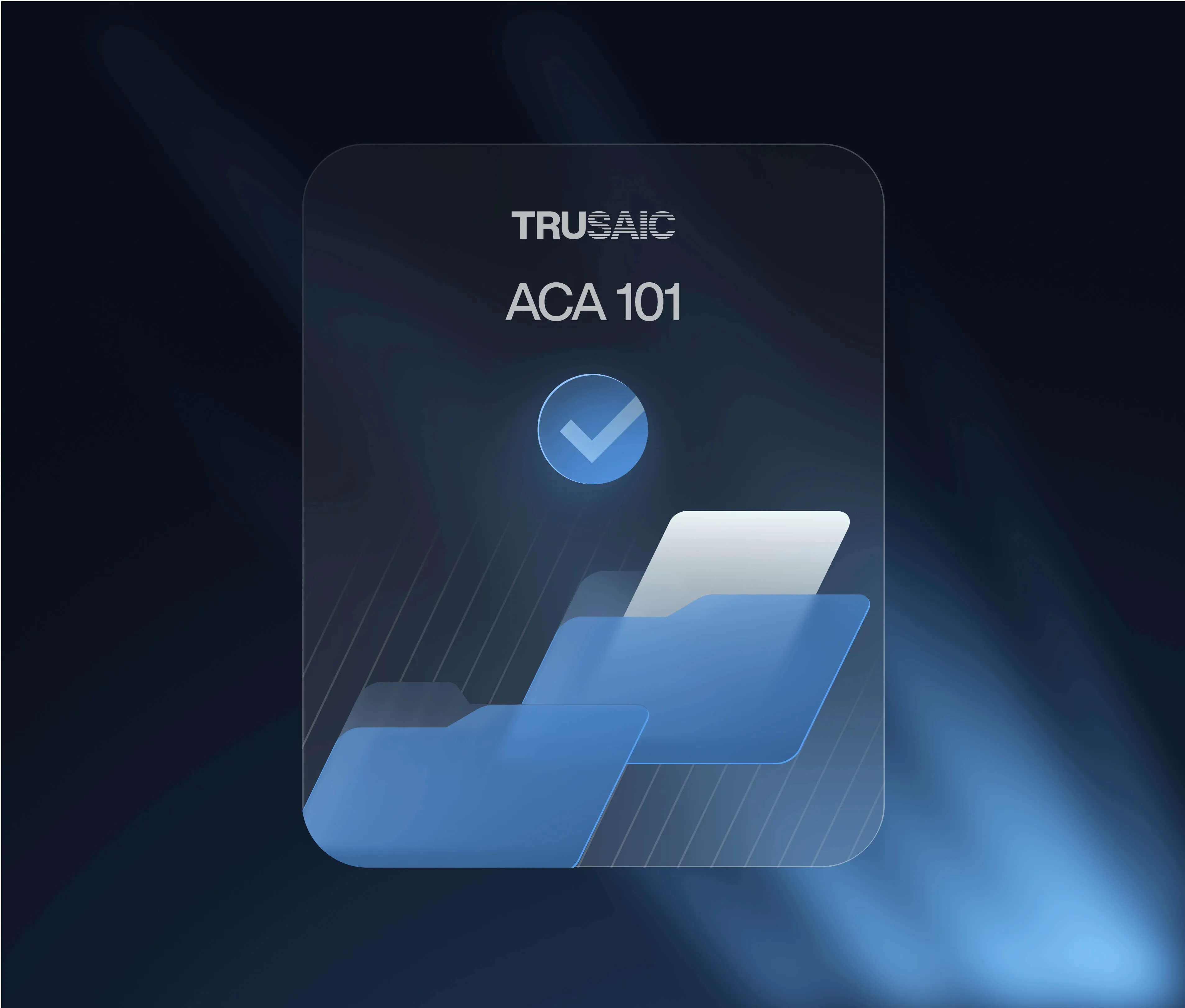Luxembourg currently enforces pre-existing gender-based reporting obligations through the Labor Code. While the country has yet to release draft legislation transposing the EU Pay Transparency Directive (EUPTD), existing obligations already cover key transparency practices, particularly for employers with 15 or more employees.
Full transposition of the Directive is required by June 7, 2026.
Track the latest EU Member State transposition developments with our monitor.
Luxembourg reporting requirements
Who needs to report?
Under current law, all public and private sector employers in Luxembourg with 15 or more employees must appoint employee representatives (a staff delegation) through formal elections. Once appointed, employers are required to provide them with gender-disaggregated workforce statistics.
What to report?
Twice per year, employers must share the following workforce data with the staff delegation and the delegated equality officer:
- Recruitment
- Promotions
- Transfers
- Dismissals
- Remuneration
- Training
These statistics must be broken down by gender. While there is no explicit requirement for pay equity analysis (e.g., adjusted pay gap calculations), employers should be prepared to conduct such analysis to satisfy potential inquiries from the staff delegation or equality delegate.
Where and when to report?
- Internal Disclosure: Reports are internal and must be shared with the staff delegation and the equality delegate every six months.
- No central regulatory filing is currently required.
Deadlines and Cadence
Reports must be disclosed semi-annually (every six months) to internal representatives.
Luxembourg pay transparency requirements
Luxembourg’s current Labor Code does not mandate salary range disclosure or prohibit salary history inquiries. However, the Directive will introduce:
- Mandatory salary range disclosures in job postings or before interviews.
- A ban on requesting salary history during hiring.
- A right for employees to request average pay data, broken down by gender, for roles of equal value.
These requirements will apply to all employers, regardless of size, once the EU Directive is transposed into law.
Employment equity standards
Luxembourg’s Labor Code requires employers to ensure equal treatment and pay for men and women. The equality delegate plays a central role in monitoring compliance and enforcing equal remuneration standards.
While no specific analysis methodology is mandated, employers are expected to ensure compliance with gender equality principles and should anticipate further clarification under EUPTD transposition.
The risks of non-compliance
Employers who fail to fulfill reporting obligations to the staff delegation may face financial penalties:
- Fines of €251 to €15,000, which can be doubled in cases of repeat offenses.
- Obstruction of the staff delegation’s or equality delegate’s duties is punishable under Article L. 417-4.
Enforcement is carried out by the Labor and Mines Inspectorate or, if needed, the Labour Court.
Luxembourg’s proposed EU Directive legislation
As of July 2025, Luxembourg has not yet published draft legislation transposing the EU Pay Transparency Directive. However, employers can expect forthcoming legislation to include:
- Salary range transparency in job postings
- A salary history ban
- The right to pay level and average gender pay data
- Mandated gender pay gap reporting by employer size
- A requirement for Joint Pay Assessments when unjustified pay gaps ≥5% persist
How Trusaic helps employers comply with Luxembourg’s requirements
1. Comply – Use RAPTR™ to complete required reporting by compliance deadlines.
Stay ahead of evolving regulations with Trusaic’s Regulatory Pay Transparency Reporting™ solution, designed to help you determine applicability, meet deadlines, and submit compliant reports across EU jurisdictions with the click of a button.
Our Pay Equity Software Suite ensures your pay systems are legally defensible, gender-neutral, and future-proof — automating complex reporting and enabling GDPR-compliant data sharing through certified integrations with major HCM platforms.
2. Correct – Use PayParity® to understand, explain and resolve pay disparities.
Use PayParity to identify, explain, and resolve pay disparities across gender, race, age, and more. Whether you’re conducting proactive assessments or responding to compliance triggers like the EU Directive’s Joint Pay Assessment requirement, PayParity delivers defensible, data-driven insights. Our Remediation Optimization Spend Agent (R.O.S.A.) works as PayParity’s AI remediation partner to ensure you lower your pay gap below 5% while maximizing the ROI of your remediation budget.
3. Communicate – Use the Pay Equity Product Suite to communicate narratives and share salary ranges with confidence.
Comply confidently with the EU Directive’s pay range transparency mandates using Trusaic’s Salary Range Finder, which provides data-driven guidance for equitable pay ranges that can be shared with candidates and employees.
Our Pay Transparency Agent answers reporting questions instantly, and our Communications Agent crafts context-specific narratives — in any language — to support your public disclosures and internal communications.
How to prepare to comply with the EU Directive
To prepare ahead of Estonia’s legislative changes, employers should:
- Conduct thorough pay equity audits and identify disparities
- Review job architecture, classification systems, and wage structures
- Train HR and legal teams on anticipated transparency and reporting obligations
- Update hiring processes to include salary range offers and remove salary history questions
Trusaic is GDPR-compliant and supports organizations across the EU in meeting both EU Pay Transparency Directive and EU Corporate Sustainability Reporting Directive obligations.
FAQs
-
Which employers in Luxembourg must share gender-based workforce statistics?
Any public or private employer with 15 or more employees must share gender-disaggregated data with its staff delegation twice per year.
-
What data must be included in semi-annual gender reports?
Employers must report on recruitment, promotions, transfers, dismissals, remuneration, and training, broken down by gender.
-
Is pay equity analysis required in Luxembourg?
Not explicitly. However, the equality delegate has the right to inquire about pay discrepancies, making it advisable to prepare analysis such as raw or adjusted pay gap reports.
-
Are there penalties for failing to comply with disclosure obligations?
Yes. Employers may face fines ranging from €251 to €15,000, which can double for repeat violations. Obstruction of the equality delegate’s duties is also penalized.
-
When will Luxembourg implement the EU Pay Transparency Directive?
The EU Directive must be transposed into national law by June 7, 2026. Draft legislation is expected in the coming months.
-
Will salary range transparency and salary history bans apply in Luxembourg?
Yes. Once implemented, the EU Directive will require all employers to disclose salary ranges and prohibit asking about salary history during hiring.







